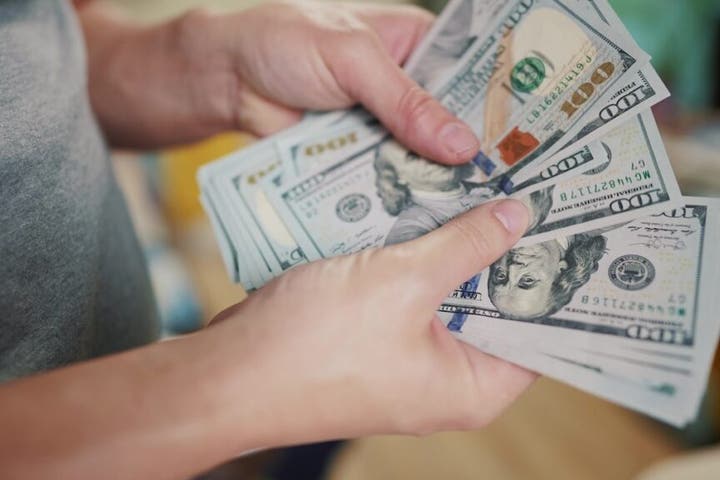
For years, financial experts have warned against letting emotions dictate our financial habits. Decisions about spending, saving, and investing should all come from a logical, fact-based place, they say.
It's solid advice, but the type of guidance that is increasingly being ignored as economic uncertainty lingers. And experts say that may be okay, too.
A new survey from Intuit Credit Karma found that 44% of Americans are now engaging in "vibe-based budgeting." This means that they're choosing to adjust their financial habits based on how the economy feels, even if their money situation hasn't changed.
Don't Miss:
- If You're Age 35, 50, or 60: Here’s How Much You Should Have Saved Vs. Invested By Now
- $100k+ in investable assets? Match with a fiduciary advisor for free to learn how you can maximize your retirement and save on taxes – no cost, no obligation.
According to the survey, 61% of people feel more anxious about the economy than they did a year ago. This is often not driven by their own financial situations— 72% of respondents told Intuit Credit Karma that their cash flow had either improved or stayed the same over the past year— but by outside factors like the economic news they consume or rising prices.
Intuit Credit Karma's findings mirror those from a recent Vanguard survey. That report found that 71% of Americans plan to shift their savings approach over the summer to prioritize emergency funds and flexibility. This belt-tightening is what experts are calling revenge saving, the antithesis to the revenge spending that followed the pandemic, according to CNBC.
"If you're concerned about the future, if you have some uncertainty, consumers may be looking to create that emergency fund or create that savings, because uncertainty means you want to be able to put your hands on cash if you need it quickly." TransUnion Senior Vice President of Global Research and Consulting Charlie Wise told CNBC.
Trending: Named a TIME Best Invention and Backed by 5,000+ Users, Kara's Air-to-Water Pod Cuts Plastic and Costs — And You Can Invest At Just $6.37/Share
Saving money is always a good move, regardless of whether that decision is made logically or emotionally. So while experts aren't shooting down "vibe-based budgeting" or "revenge saving," they're still urging consumers to be intentional with their habits.
Strategies like reverse budgeting, creating separate accounts for different financial goals, and periodically increasing your savings rates are still the preferred ways to stack your money.
For those who find that anxieties around money are driving a lot of their financial habits, experts suggest taking a "money temperature." A fairly simple concept, this involves looking closely at what you're spending and saving, and ensuring that you're comfortable with that balance.
"There are people that are way off track that are spending everything. And there are people that are the best savers in the world, and they're sometimes the most miserable," certified financial planner and Equilibrium Wealth Advisors founder Matthew Blocki told CNBC.
"By taking "a ‘money temperature' — if you utilize it correctly as a tool — you can reach the balance between living a good life today, securing the future and not having decision fatigue and not having regrets when you look back," he said.
Read Next:
- This AI-Powered Trading Platform Has 5,000+ Users, 27 Pending Patents, and a $43.97M Valuation — You Can Become an Investor for Just $500.25
- Can you guess how many retire with a $5,000,000 nest egg? The percentage may shock you.
Image: Shutterstock







